I took a break from my illness-induced comatose existence on the sofa on Friday evening to feel outraged by an article on The Guardian discussing our complete lack of privacy in this day and age. Since the US Government passed the Patriot Act, the rights of individuals have gone out the window – and with the internet creating a global world, it isn’t just the Americans who are suffering at their Government’s complete lack of respect for individual freedoms. It is interesting that the Americans let their privacy rights be taken away so easily when they fight so hard to keep their right to bear arms, failing to learn from all the violent gun crime that takes place in their country.
Meanwhile, across the pond, David Cameron is attempting to bring in new censorship laws. You want porn? Well, you’re going to have to ‘opt in’ to be allowed to access it – you pervert you! Some search terms will not yield any results and he is trying to completely ban ‘extreme porn’. Of course, if people want to watch such filth, there must be something wrong with them, right? Back in Australia, the pro-filter supporters have come back out of the woodworks. Australia is generally considered a nanny state, and as an Australian, I have always been ashamed of this. Video games only received a R18+ rating at the beginning of this year, which meant many video games freely available in other countries were banned in Australia.
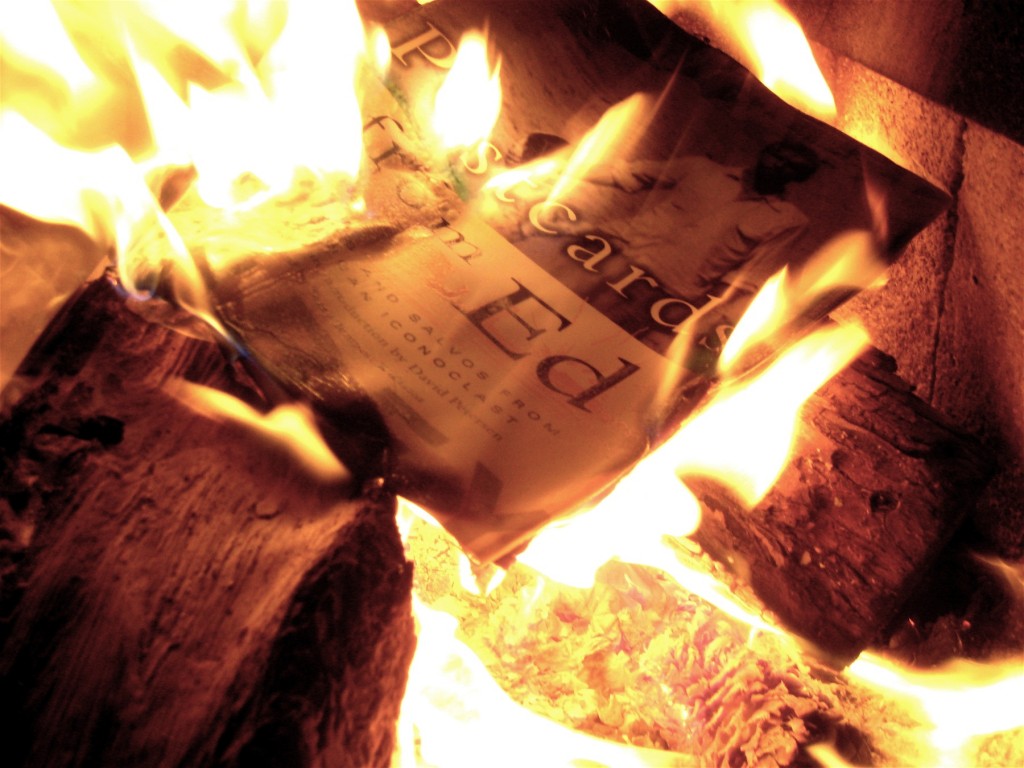 All of this points to a terrifying view that people aren’t responsible for what they consume, that somehow governments should limit what their citizens have access to. I thought we were supposed to live in the enlightened West? Was I wrong? Isn’t censorship more the M.O. of authoritarian, fascist, or communist governments? Censorship is sadly something that has never left the history books: from Socrates, to the McCarthy era, to Putin’s crackdown on homosexuals. It is never looked on fondly, so why does it keep happening? Aren’t we better than this?
All of this points to a terrifying view that people aren’t responsible for what they consume, that somehow governments should limit what their citizens have access to. I thought we were supposed to live in the enlightened West? Was I wrong? Isn’t censorship more the M.O. of authoritarian, fascist, or communist governments? Censorship is sadly something that has never left the history books: from Socrates, to the McCarthy era, to Putin’s crackdown on homosexuals. It is never looked on fondly, so why does it keep happening? Aren’t we better than this?
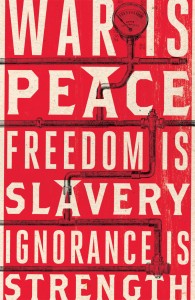 One of the biggest mediums to suffer from censorship is literature. National banned book week is coming up in September in the US, in recognition of all the books that have been banned over the years. I remember when I was in school in Texas and schools were talking about banning Harry Potter for encouraging witchcraft. Yeah, that’s right, they thought Harry Potter was bad for the kids (and still do in some places!). Some of the biggest names in literature have faced banning, including Harper Lee, Aldous Huxley, Henry Miller, Mark Twain, Toni Morrison, Joseph Heller, and J.D. Salinger.
One of the biggest mediums to suffer from censorship is literature. National banned book week is coming up in September in the US, in recognition of all the books that have been banned over the years. I remember when I was in school in Texas and schools were talking about banning Harry Potter for encouraging witchcraft. Yeah, that’s right, they thought Harry Potter was bad for the kids (and still do in some places!). Some of the biggest names in literature have faced banning, including Harper Lee, Aldous Huxley, Henry Miller, Mark Twain, Toni Morrison, Joseph Heller, and J.D. Salinger.
Not only has literature suffered at the hands of the censors, it has also done a lot to teach us about the problems with censorship. In case you didn’t learn from Socrates, since then, creative types have warned us (often prophetically) of what the future might hold should we go down this path. But have we listened? Not so much. Here are a few of my favourites…
Never one to shy away from a political message, George Orwell has been one of my favourite writers since I was in high school. This brilliant novel coined the terms ‘Big Brother’ and ‘unspeak’. The government in Orwell’s futuristic world was so determined to keep its citizens in line that it changed the language – things were no longer ‘bad’, but ‘ungood’. Focus on the positivity in order to corrupt society. And what did popular culture take from this? They made one of the worst television series in history out of something literature showed us was a bad idea. The idea of spying on one’s citizens is sick, and yet millions of people the world over got hooked on a television show doing just that.
Fahrenheit 451 by Ray Bradbury
This was not my favourite novel in terms of the writing style; I felt that it was clunky and generally not terribly well written. However, the story was brilliant. Thankfully there is someone out there willing to warn us directly about the issues surrounding censorship. People should read and educate themselves. What would happen if humans stopped trying to learn and break boundaries? Bradbury was inspired to write the novel in reaction to the McCarthy era censorship and the burning of books taking place in the US. And what has happened since then? They still burn books and protest against freedom of speech (and the freedom to read what you want to). Just look at the complete list of book burning events on Wikipedia.
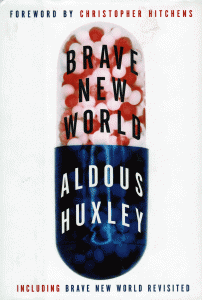 Brave New World by Aldous Huxley
Brave New World by Aldous Huxley
Individual freedom is a thing of the past in Huxley’s future. Henry Ford’s homogenous production line has not only been applied to commercial and manufacturing industries, but to the human species as well. People are conditioned via the ‘opiates of the masses’ and grown in tubes rather than born. Those who are unworthy or don’t ‘conform’ are either exiled or confined to reservations. While the novel isn’t necessarily about censorship, it is about governments trying to create uniformity in its citizens and dictate what they can and can’t do, removing individual’s freedoms.
I admit that my initial exposure to this story was through the Wachowski Brothers’ film adaptation in 2005, and as is often the way, my preferred version is the first I encountered (the film). Sorry, Alan Moore, but it has Natalie Portman in it… and Stephen Fry. In the graphic novel, the character of Evey is younger, blonder, and far more naïve (at least to begin with) than Natalie’s version in the film, which instantly made me prefer the film. V for Vendetta is set in a post-apocalyptic future with a Big Brother-style government feeding its citizens with propaganda. I particularly love the story of Valerie – the lesbian who told her story to V from the next cell over. What earlier stories of this nature failed to discuss – as products of their time – is the prejudice against homosexuals.
Thankfully, popular culture is full of exemplary examples such as this – warnings for us not to go blindly into futures full of prejudice, oppression, and censorship. What are your favourite stories/films/songs/graphic novels about censorship?
 Pop Verse Pop Culture Universe
Pop Verse Pop Culture Universe
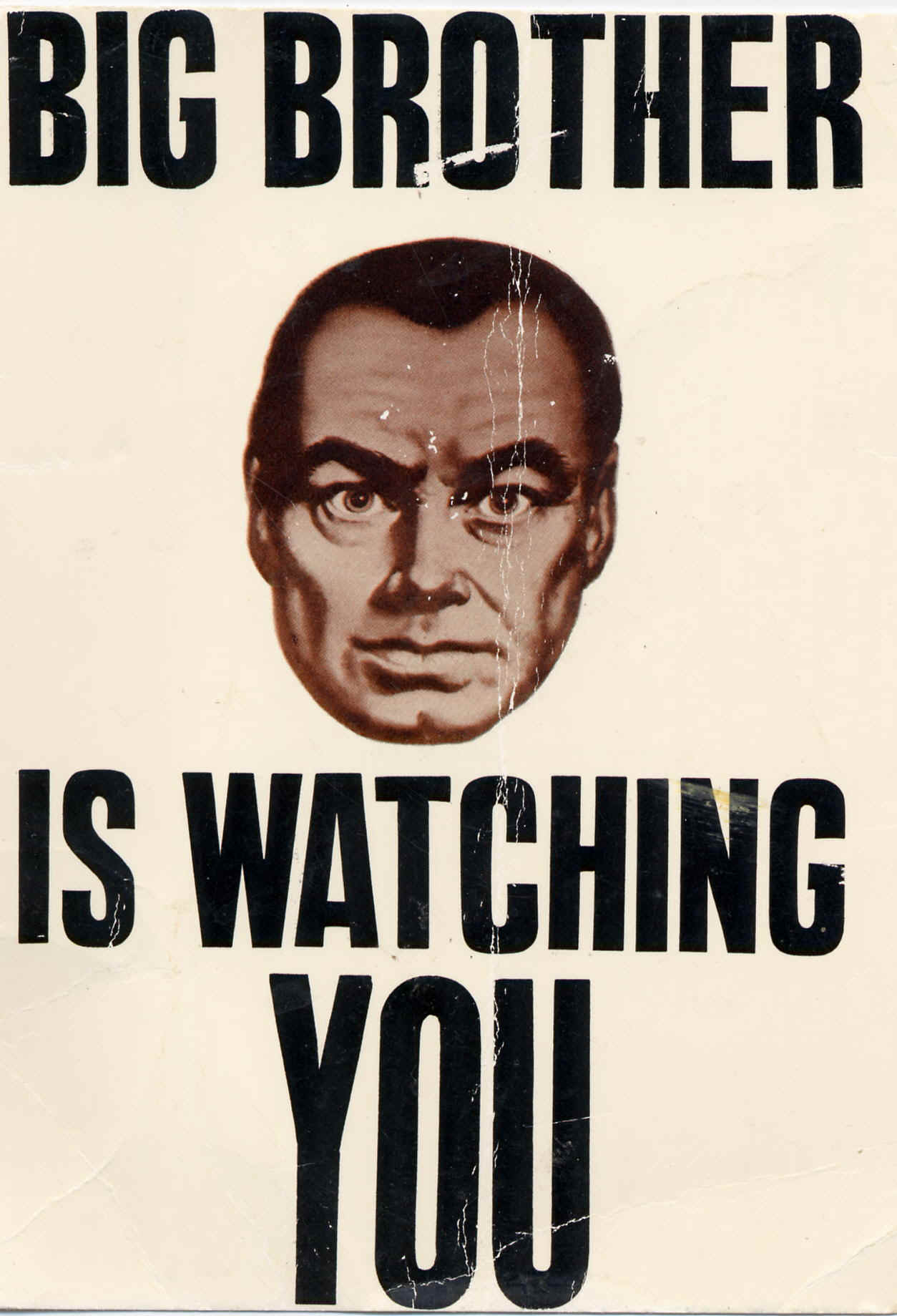
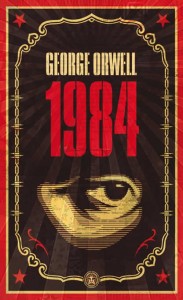
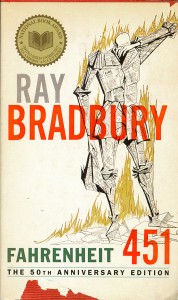
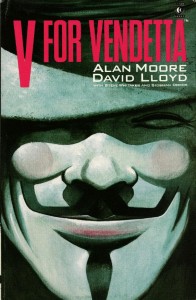

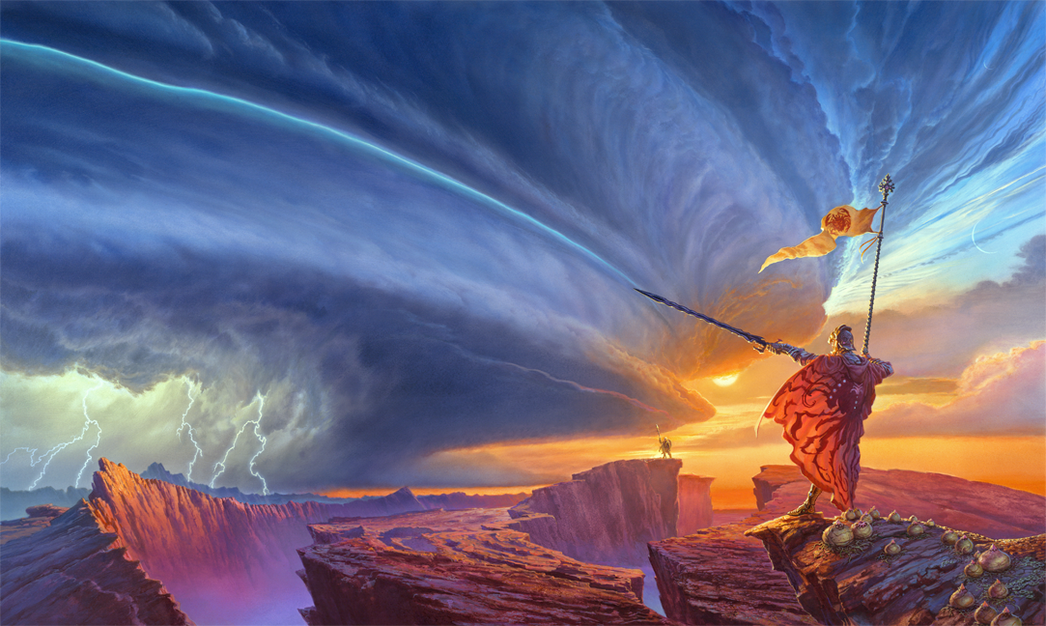
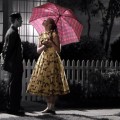

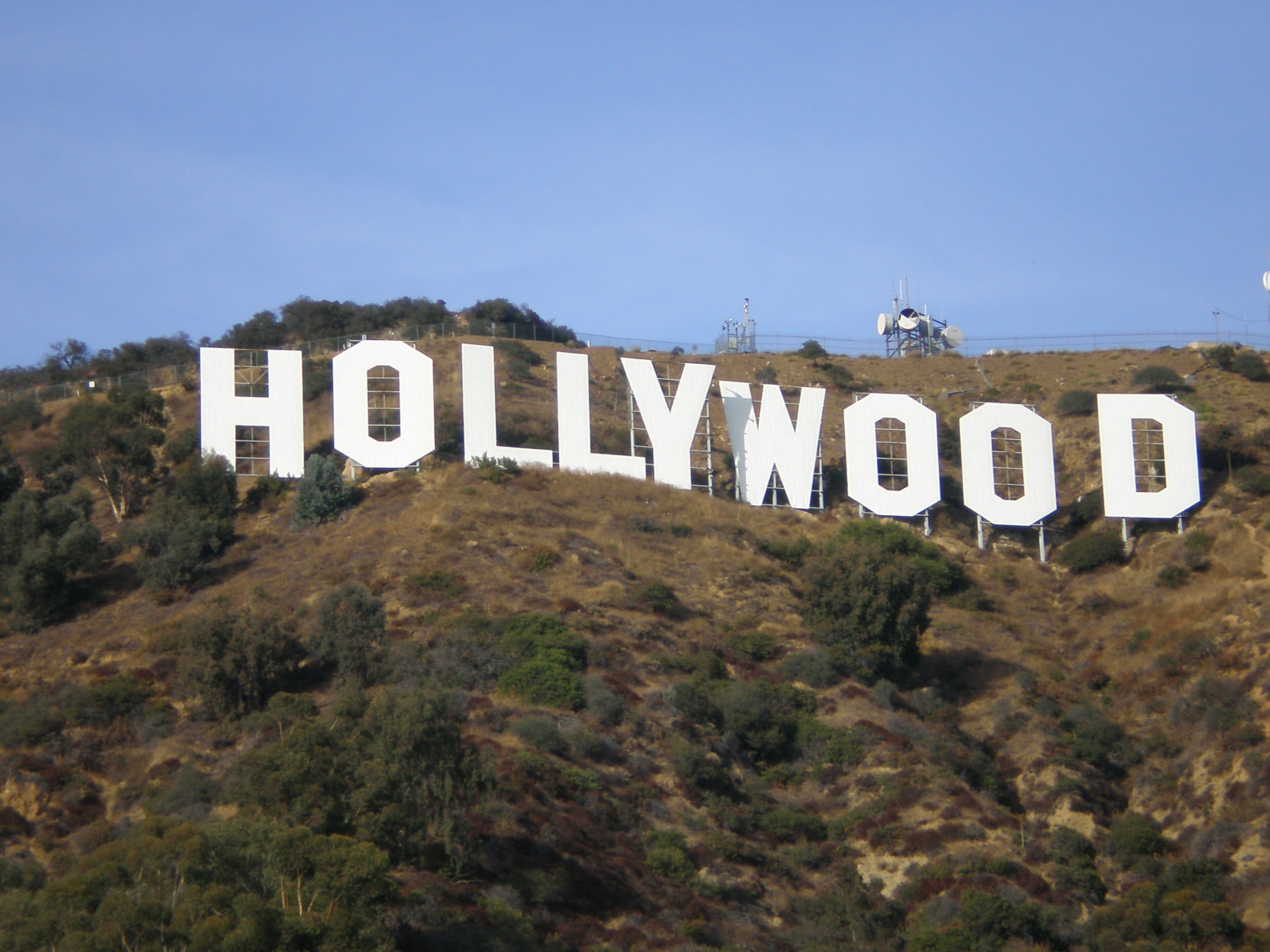

One comment
Pingback: Censorship & the video game scapegoat: Issues surrounding privacy and freedom within popular culture – Site Title